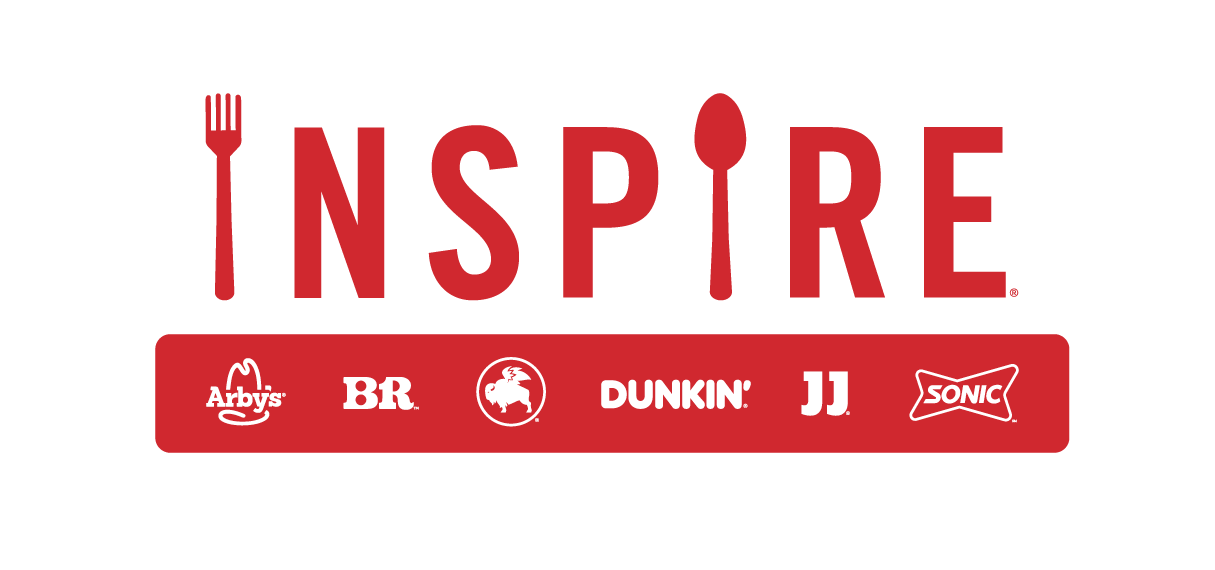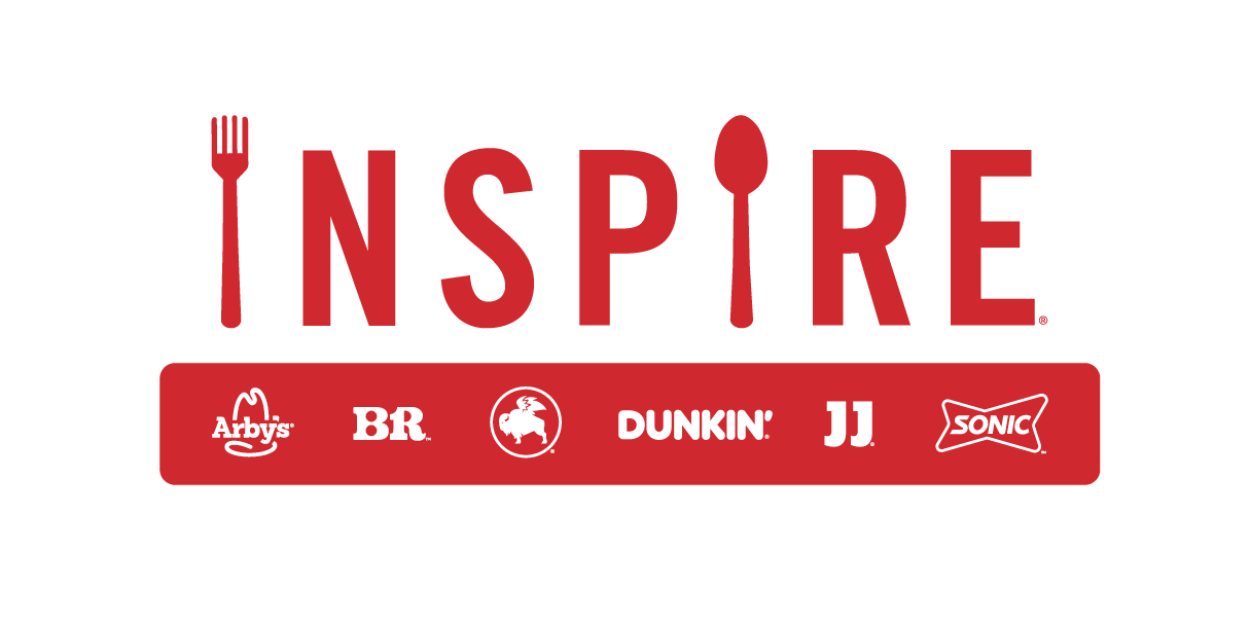Long before he was Inspire’s co-founder and CEO, Paul Brown could see the trend of emerging technology across the consumer landscape. With vast experience in the hotel industry, he took his learnings and envisioned how a similar model could be implemented in the restaurant industry.
“We saw how the restaurant industry could develop, creating a portfolio of distinct brands and integrating them in such a way that we were able to make investments as an enterprise in technology and infrastructure that any one of those brands would not have been able to individually,” Brown told the Georgia Tech Scheller College of Business during a webinar, hosted by Maryam Alavi, Dean of the Georgia Tech Scheller College of Business.
The dominoes to make that vision a reality began to fall in 2018, when Arby’s Restaurant Group acquired Buffalo Wild Wings and Rusty Taco to create Inspire Brands. And it’s unfolded precisely the way Brown had hoped, seeing the impacts and benefits of this strategy play out as Inspire has grown to be the second-largest restaurant company in the United States by system sales.
“The restaurant industry has typically operated with a holding company that has brands loosely integrated and the rest of the business more or less is running as an independent enterprise,” Brown said. “Inspire is more similar to the hotel industry, where you look for core capability. So things we are focusing on are the digital platform, data analytics, personalization, supply chain, operations, infrastructure and innovation. So the brand teams are leveraging off those investments and our teams work collaboratively to share learnings across the organization.”
In the three years since Inspire’s formation, the organization now includes a variety of distinct brands with offerings across multiple dayparts, each with a clear definition of a respective target audience and brand purpose. That process not only helps each brand create a defined marketing strategy, but having a differentiated portfolio has also allowed Inspire to take learnings from individual brands and implement its successes across the organization.
“This time last year, we went from a business that had 75 percent of our guests in the dining rooms to zero. So we were able to take our learnings from our Arby’s, SONIC and Jimmy John’s teams and very quickly pivot the model to Buffalo Wild Wings to be takeout and delivery. And because of that, we went from about 15 percent digital sales to 40 percent almost overnight,” Brown said. “So we were seeing our theory of how this model could work be validated.”
Inspire’s investments in technology have also helped the organization forge the future of the restaurant industry as a whole.
“Digital has really grown into being a channel of communication and building a relationship with our guests outside of the restaurant,” Brown said. “If you go back five years ago, the relationship of the restaurant app with their customers started when they walked in the door and ended when they left, so there was no continuity in that relationship. There was no channel to have direct dialogue. Now, we can start developing the ability to market and communicate personalization through a direct channel.
“The other side of that is operations, the fact that we can use technology and AI to help with demand forecasting, developing a more efficient labor scheduling model and then passing demand forecasting up through supply chain to plan more efficiently. That means we can be more effective in how we provide services.”
With a focus on technology and a foundation of unified support that emerges through a OneInspire culture, Inspire is differentiating itself as a restaurant company unlike any other.
To learn more about career opportunities at Inspire, go to careers.inspirebrands.com.



